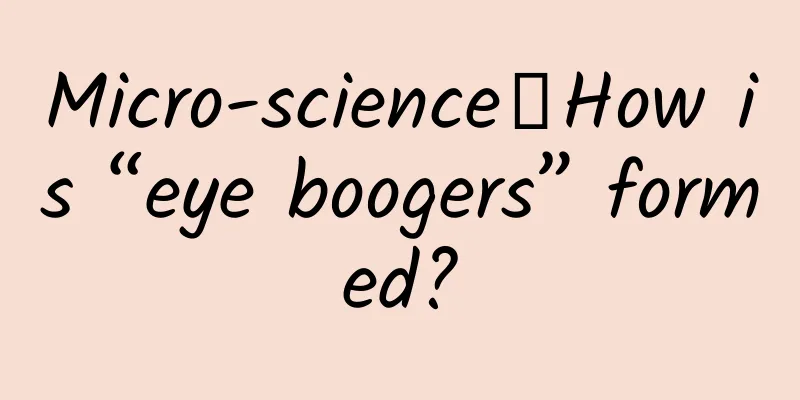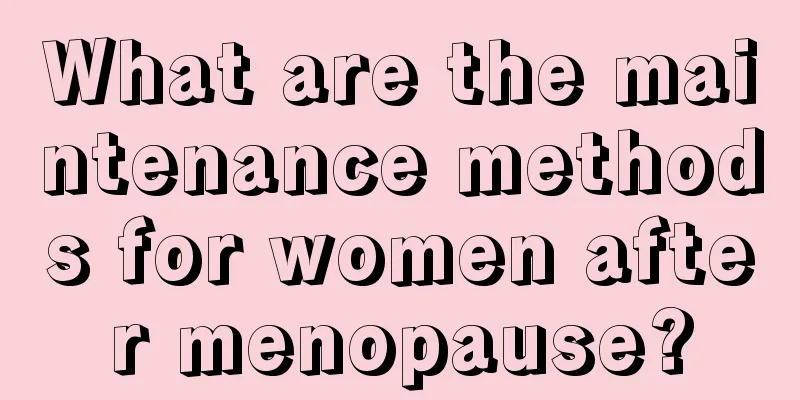Do you feel dizzy when you stand up? It may be low blood pressure!

|
Have you ever had this experience: standing up suddenly from the bed or chair, and suddenly felt dizzy, or even blacked out? This is not just a symptom of "anemia" or "hypoglycemia", but it may be low blood pressure that is quietly causing trouble. Today, let's talk about this health problem that may be overlooked by everyone - low blood pressure. Don't underestimate it, low blood pressure is sometimes more dangerous than high blood pressure ! How much do you know about low blood pressure? Many people are familiar with high blood pressure, but know little about low blood pressure. Medically, when blood pressure is lower than 90/60 mmHg , it is called low blood pressure. Compared with high blood pressure, low blood pressure is often more hidden because it may not have obvious symptoms in the early stage, which makes it easy for people to ignore it. However, the harm of low blood pressure should not be underestimated. Low blood pressure will prevent oxygen and nutrients in the blood from being delivered to the whole body in time . It may not only lead to insufficient blood supply to the brain and organs, causing symptoms such as dizziness, fatigue, and fainting, but also cause irreversible damage to important organs such as the heart, brain, and kidneys in the long run, and even endanger life. You may not know that low blood pressure can also impair cognitive function. Studies have found that for every 10 mmHg decrease in diastolic blood pressure in people over 75 years old, the risk of cognitive impairment increases by about 20%. The four main causes of low blood pressure 1. Genetic factors : Low blood pressure, like high blood pressure, is hereditary. If your family has a history of low blood pressure, your risk of developing low blood pressure will increase accordingly. 2. Drug influence : Patients who take antihypertensive and sedative drugs for a long time generally have lower blood pressure. If the drugs are used improperly or the dosage is too large, it may also cause excessive lowering of blood pressure. 3. Posture change : Standing up suddenly may cause "orthostatic hypotension" due to untimely blood pressure regulation. 4. Disease factors : Heart failure, cardiovascular disease, massive blood loss or dehydration may all lead to low blood pressure. The elderly should pay special attention! The elderly are one of the most vulnerable groups to low blood pressure. As their body functions gradually decline, the elderly are more susceptible to low blood pressure. Especially those who are receiving treatment for hypertension should pay close attention to changes in blood pressure during treatment to avoid dangerous low blood pressure. For common problems in the elderly such as orthostatic hypotension, postprandial hypotension, seasonal hypotension, etc., we can take the following preventive measures: 1. Orthostatic hypotension The proportion of orthostatic hypotension in the elderly over 65 years old reaches 15%, and it is as high as 30% to 50% in those over 75 years old. It is recommended that the elderly keep a slow pace when squatting and standing up; if you are taking antihypertensive or sedative drugs, it is best to stand up with the help of support . 2. Postprandial hypotension In the elderly, systolic blood pressure drops by more than 20 mmHg or drops from over 100 mmHg to below 90 mmHg within 30 minutes to 2 hours after eating, which may be related to increased gastrointestinal blood circulation. Therefore, do not exercise or workout immediately after a meal ; reduce carbohydrate intake appropriately to reduce blood pressure fluctuations. 3. Seasonal hypotension In the summer, the outside temperature is higher, the capillaries on the body's surface will dilate, increasing heat dissipation, which can cause lower blood pressure. It is recommended to reduce the dosage of antihypertensive drugs according to the doctor's instructions in summer; maintain appropriate indoor temperature and humidity to prevent low blood pressure. |
>>: Getting rid of STD fear: scientific understanding and treatment
Recommend
When is the ovulation date if the menstruation comes on the 20th?
The ovulation period is 14 days before the next m...
Eat less and exercise more but still not losing weight? Attention to those who are trying to lose weight: It is difficult to lose weight if you lack Qi and blood!
Spring is here, the weather is getting warmer, an...
Is Candida albicans vaginitis serious? How to treat it?
Vaginal candidiasis is a common vulvovaginal infl...
Yaowa Quiz | Do granules need to be taken with water?
Most granules are dissolved in boiling water and ...
Does cupping affect menstruation?
People should not do cupping therapy when they ar...
What to do if a girl has hereditary hair loss
Every girl wants to have long, thick, black hair,...
Will a bad stomach affect the skin?
Many people have had this experience: If your gas...
What should women eat during menstruation?
In life, many girls like to eat some snacks in th...
What are the symptoms of uterine fibroids?
Generally speaking, uterine fibroids will have a ...
Benefits of taking metformin for polycystic ovary syndrome
Many patients with polycystic ovary syndrome foun...
How to hydrate your skin when it is seriously dehydrated? Women must know
Some people don't drink tea regularly and oft...
Breast swelling before menstruation
Some women experience breast pain a few days befo...
What is the cause of sagging breasts?
Many people have unknowingly started to have a ph...
Prenatal check-up for sinus tachycardia, have you persisted in doing so?
Some expectant mothers find that they have sinus ...
No need for thoracotomy! Minimally invasive intervention allows patients with pulmonary hypertension to breathe freely again
"I suddenly feel less stuffy in my chest, an...









